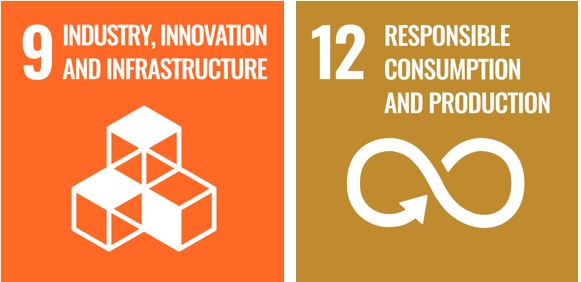Metsä Group and Kemira have agreed the joint development of a new renewable product or raw material associated with the forest industry by 2027. As major industrial operators, the companies have good opportunities to reduce the environmental impact of the forest industry’s value chain. The companies have established a joint working group to develop a new product or raw material.
At the same time, Metsä Group and Valmet are jointly developing a comprehensive operating model for sustainability in technology and maintenance investments. The model will address various aspects of sustainability related to the environment, social responsibility and governance (ESG). It will be used to verify the sustainability of the process packages delivered by Valmet to Metsä Group and the related supply chains. The companies have set up a joint working group to develop and deploy the sustainability model. The goal is to adopt the model by 2027.
Metsä Group is also intensifying its sustainability cooperation related to logistics with VR. The companies have agreed a new joint target to halve emissions from transports included in their cooperation by 2030. In addition, Metsä Group aims to transfer some of its current road transports to railways. For Metsä Group, the measures would represent a total annual emission reduction of around 14,000 tCO2e, which is equivalent to more than 25,000 average lorry transports. Every year, VR transports around 5 million cubic metres of Metsä Group’s wood and mechanical wood products and 2.1 million tonnes of other forest industry products such as pulp and paperboard. With Metsä Group’s ongoing investments, the transport volumes will increase. The companies have established a joint working group to define tangible measures to achieve the emission reduction target. The measures include the electrification of the rail network, more efficient train concepts and the use of diesel made from renewable raw materials.
Metsä Group and the Dutch shipping company Royal Wagenborg have agreed cooperation to decrease the climate impact of maritime transport. The goal is to reduce the carbon dioxide emissions from the maritime transport of Metsä Group’s products by 30 per cent (per tonne/mile) from the 2021 level by 2030. The majority of Metsä Group’s product are delivered to customers by sea, and Royal Wagenborg is an important maritime logistics partner. Maritime transport in general accounts for approximately three per cent of the world’s greenhouse gas emissions, and it is important to achieve emission reductions in this area. The companies have set up a joint working group to define tangible measures to achieve the emission reduction target. The measures are related to the technical and operational activities of the Wagenborg fleet, for example. These include route optimisation and the development of the fleet. The use of new types of ships is also considered to achieve the targets for emissions.
Measures towards 2030
- We agree shared sustainability targets with our key suppliers.
- We develop new wood-based products with our partners.
Indicators by the end of 2030
- 100% shared sustainability targets with our most important suppliers
International Sustainable Development Goals (SDGs) related to the target:

